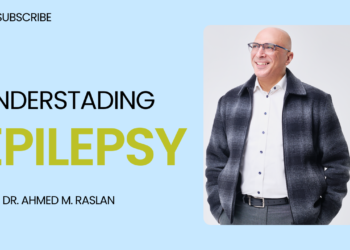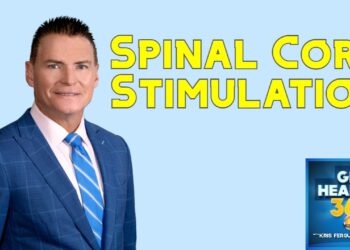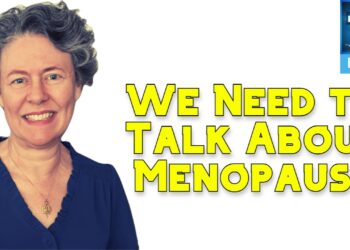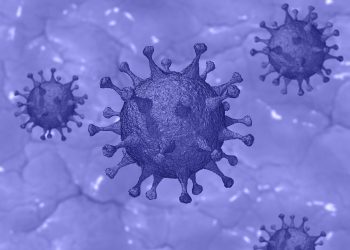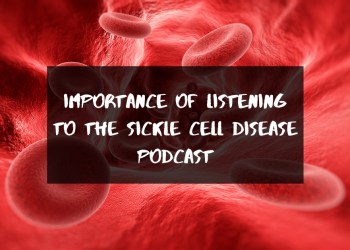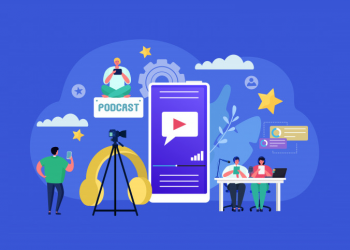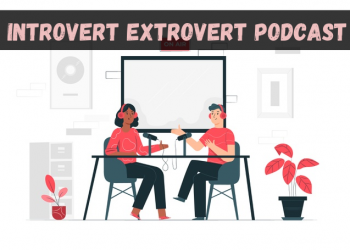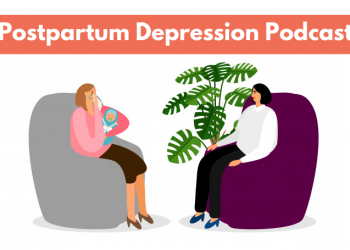Caffeine can kill a migraine or make it worse!
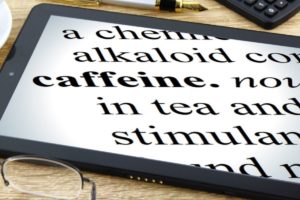 Got migraines? Stop drinking!
Got migraines? Stop drinking!
Caffeine is often used to treat migraine headaches. However, if there is frequent intake of caffeine such as copious coffee or soda, the effectiveness of caffeine can wear off. The over consumption of caffeine, can even increase the frequency of migraine headaches. So, if you have migraines, minimize the amount of caffeine you consume… as much as you love soda, diet soda and coffee.
The Research
J Headache Pain. 2016 Dec;17(1):71. doi: 10.1186/s10194-016-0662-5. Epub 2016 Aug 5.
Caffeine discontinuation improves acute migraine treatment: a prospective clinic-based study.
Lee MJ1, Choi HA1, Choi H2, Chung CS3.
1
Department of Neurology, Neuroscience Center, Samsung Medical Center, Sungkyunkwan University School of Medicine, 81 Irwon-Ro, Gangnam-Gu, Seoul, 135-710, South Korea.
2
Department of Neurology, Eulji University Hospital, Eulji University School of Medicine, Daejeon, South Korea.
3
Department of Neurology, Neuroscience Center, Samsung Medical Center, Sungkyunkwan University School of Medicine, 81 Irwon-Ro, Gangnam-Gu, Seoul, 135-710, South Korea. cspaul@naver.com.
Abstract
BACKGROUND:
Caffeine has both excitatory and vasoconstrictive effects on central nervous system. Caffeine use might be associated with development and chronification of migraine. We aimed to evaluate the effect of caffeine cessation on the acute treatment of migraine.
METHODS:
We prospectively recruited migraine patients who consumed caffeine drinks daily and instructed them to discontinue their caffeine intake. Triptans were prescribed for acute treatment. Patients were followed up after at least two weeks after screening and evaluated the efficacy of acute treatment with the migraine assessment of current therapy (Migraine-ACT) questionnaire. Excellent efficacy was defined as Migraine-ACT score of 4. Chronic migraine, body mass index, allodynia, depression, anxiety, antiemetic use, and use of prophylactic medication were included in the multivariate analysis if the univariate p < 0.2.
FINDINGS:
Among 108 patients included, 36 completely discontinued their caffeine intake (abstinence group). The efficacy of acute treatment was assessed at median 34.5 days (interquartile range, 28-89) after the screening. Twenty-six patients (72.2 %) in the abstinence group and 29 (40.3 %) in the non-abstinence group reported an excellent efficacy (p = 0.002). The abstinence group also showed a trend toward greater reduction of headache impact test-6 (HIT-6) scores (p = 0.085). Caffeine abstinence was independently associated with an excellent efficacy of acute treatment (multivariate odds ratio, 3.2; 95 % confidence interval, 1.2-8.4; p = 0.018) after controlling for covariates.
CONCLUSIONS:
Caffeine abstinence is associated with better efficacy of acute migraine treatment. Our uncontrolled study results encourage a further confirmatory study on this issue.

